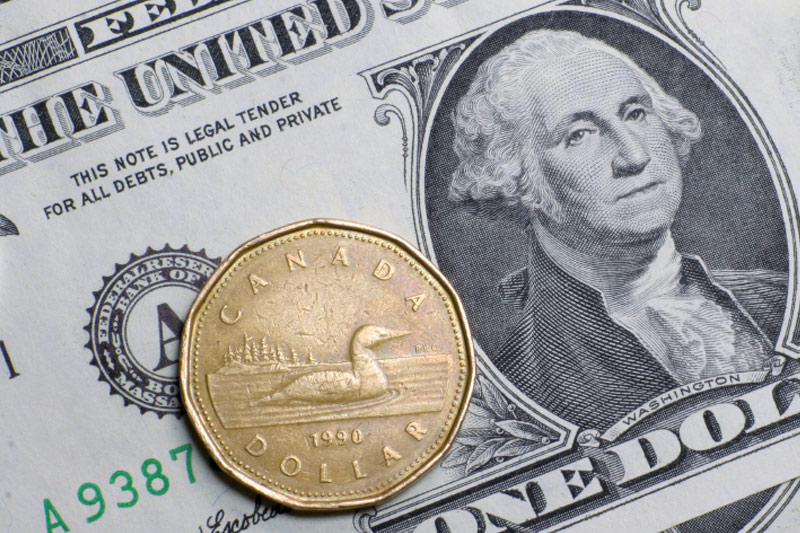Investing.com - The U.S. dollar rose to session highs against the Canadian dollar on Tuesday after official data showed that the annual rate of U.S. inflation rose at the fastest rate since October 2008 in May.
USD/CAD was up 0.24% to 1.0870, from 1.0843 late Monday.
The pair was likely to find support at 1.0834, Monday’s low and a two-week low and resistance at 1.0905.
The Labor Department said U.S. consumer prices rose at an annual rate of 2.1% last month, while prices were up 0.4% from a month earlier.
Market expectations had been for an annual increase of 2.0% and a monthly rise of 0.2%.
An uptick in inflation levels would give the Federal Reserve less leeway to keep interest rates on hold at record lows as the economic recovery continues to gain momentum.
Investors were looking ahead to the outcome of the Fed’s two-day policy meeting on Wednesday, as they awaited fresh indications on the timing of possible interest rate increases.
The Fed was expected to scale back its asset purchase program by another $10 billion, but is not expected to raise borrowing costs until mid-2015.
A separate report showed that both U.S. housing starts and building permits fell in May, pointing to underlying weakness in the housing sector.
The Commerce Department reported that housing starts dropped by 6.5% last month to1.001 million units, while the number of building permits issued last month fell by 6.4% to 991,000 units.
Elsewhere, the loonie, as the Canadian dollar is also known, was almost unchanged against the euro, with EUR/CAD at 1.4718.
Earlier Tuesday, a report showed that German economic sentiment deteriorated unexpectedly in June, reflecting the recent slowdown in the German economy after a strong start to the year.
The ZEW index of economic sentiment came in at 29.8 this month, down from 33.1 in May. It was the lowest reading since December 2012.
